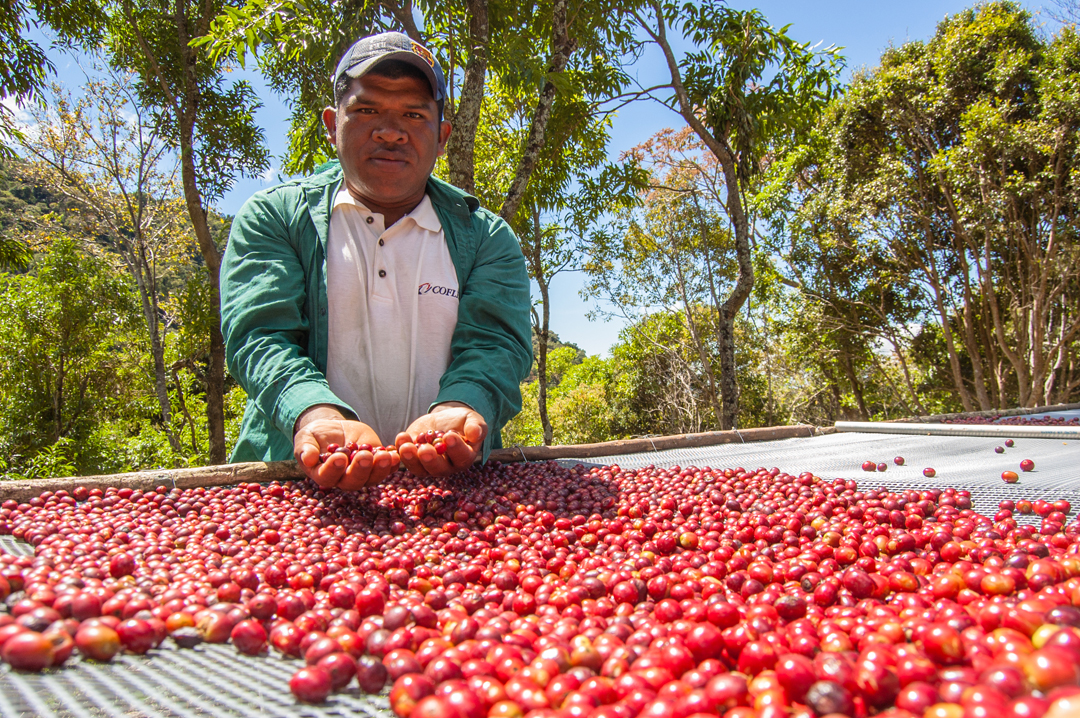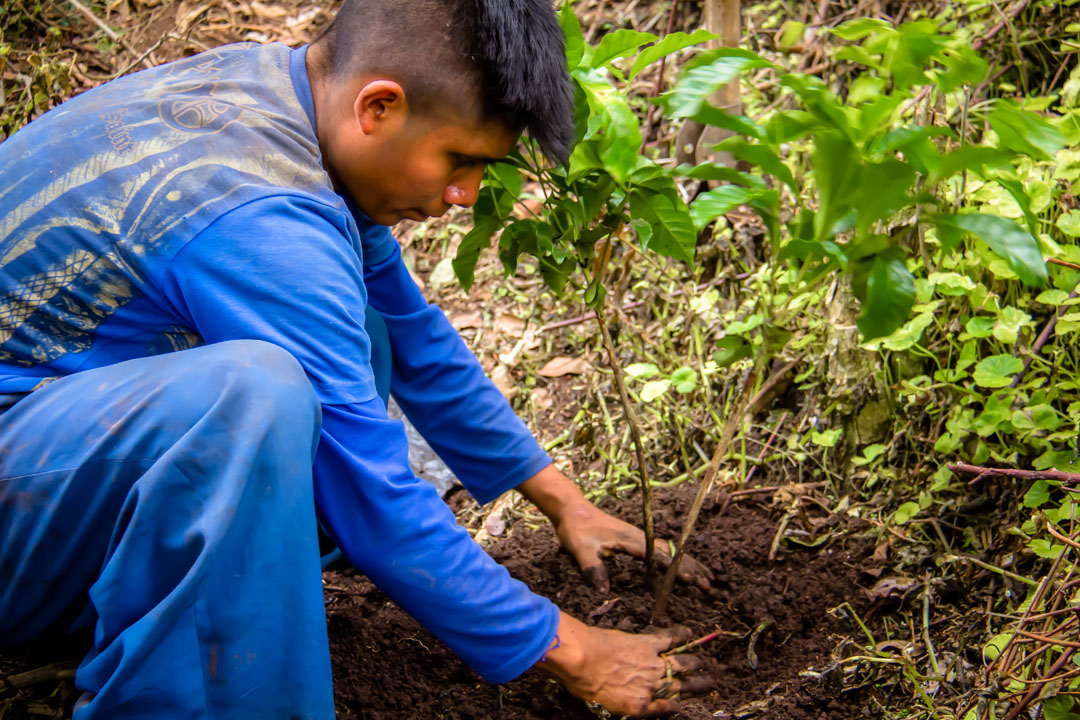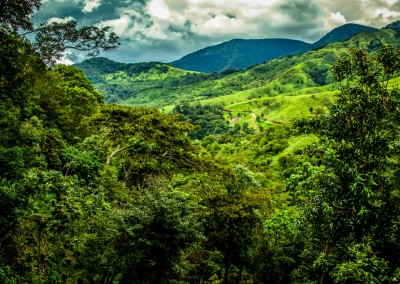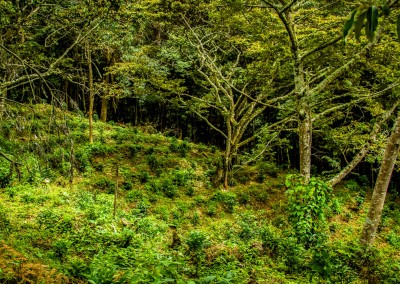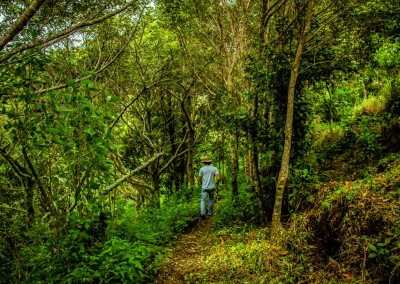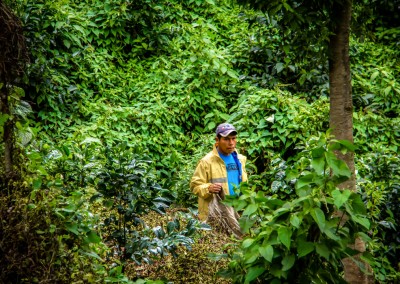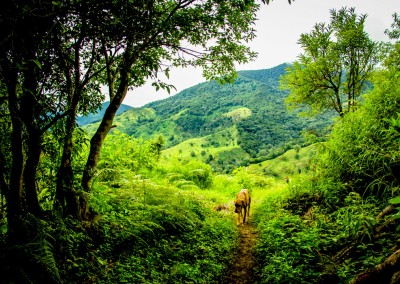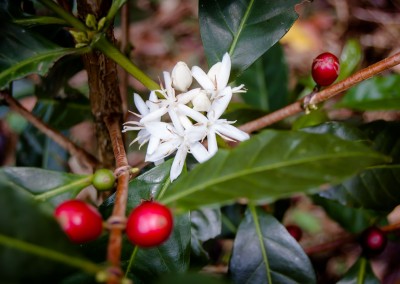SUSTAINABILITY
_______
Traditional electric power is not available in the remote location that is home to Finca Deborah. So, we’ve had to improvise. Our beneficio, or processing center, is powered by our own robust solar system, which further preserves the integrity and sustainability of this unique environment. In addition, as a shade grown coffee plantation, Finca Deborah blends seamlessly with the mountain landscape, sustains the natural environment, and maintains a haven for the local bird and wildlife populations.
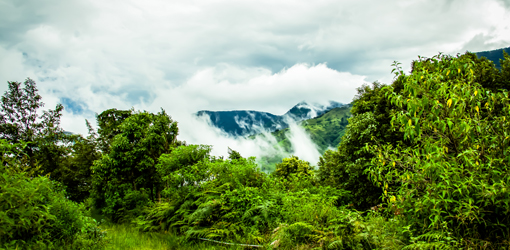
UNIQUE LANDSCAPE
_______
At an altitude of more than 1900 meters and nestled in the lofty mountains of Volcan, Chiriqui, Finca Deborah is a shade grown Geisha coffee cultivated in a pristine environment. It is one of the highest, most remote coffee farms in all of Panama and, at these altitudes, temperatures can drop to as low as 10 degrees C during the night.
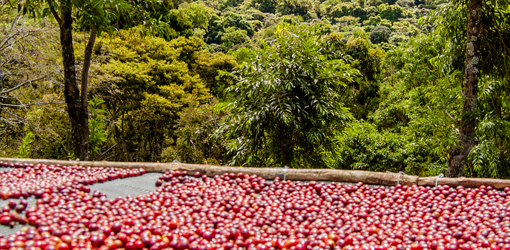
EXTRAORDINARY ENVIRONMENT
_______
The extreme elevation and reduced temperature slows the metabolism of the trees. These cold temperatures, reaching 10 C, permit the trees to push more sugars into the cherries during production. Additionally, Deborah has ideal rainfall averaging 2200 mm per year. Combined, these two important variables contribute greatly to Deborah’s intensely sweet and complex cup profile. It is an extraordinary environment for growing any variety of coffee, but here one of the world’s most complicated varieties of coffee, Geisha, not only grows successfully but also thrives.
ELEVATION IN METERS
%
AVG. HUMIDITY
AVG. ANNUAL RAINFALL IN MM
TREES PER HECTARE
DEMONSTRATING RESPECT AND PERSONAL ETHICS ARE KEY ELEMENTS
TO OUR SUCCESS AS GROWERS
We understand that without trust, respect, and commitment shared by everyone involved at Finca Deborah we won’t achieve our goals.
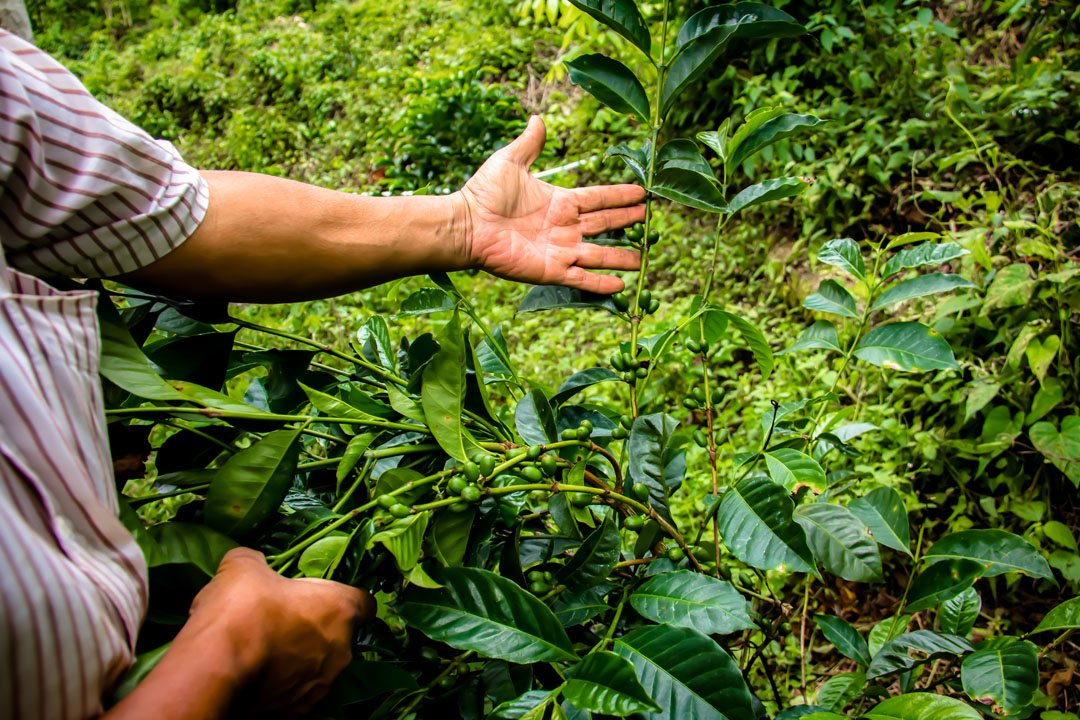
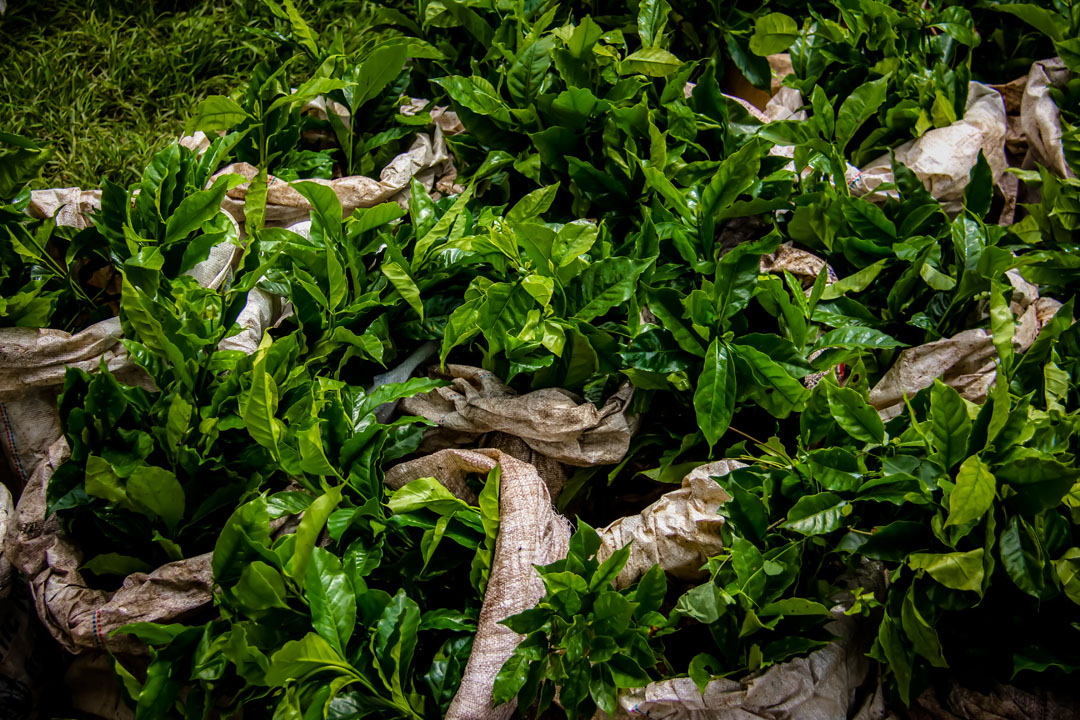
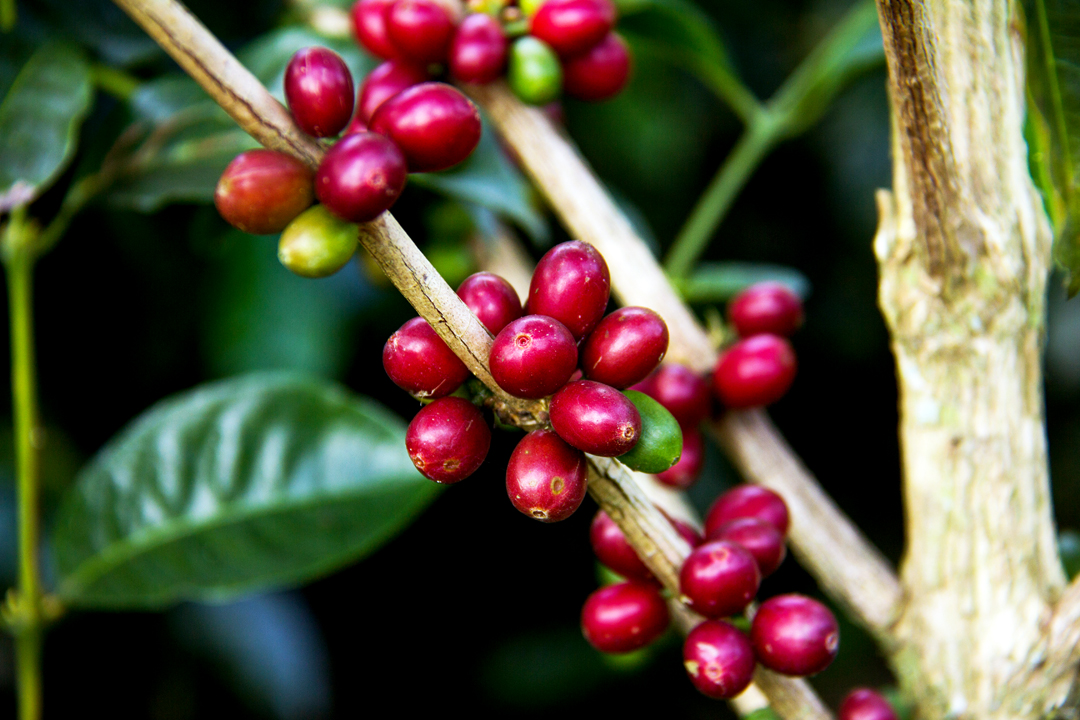
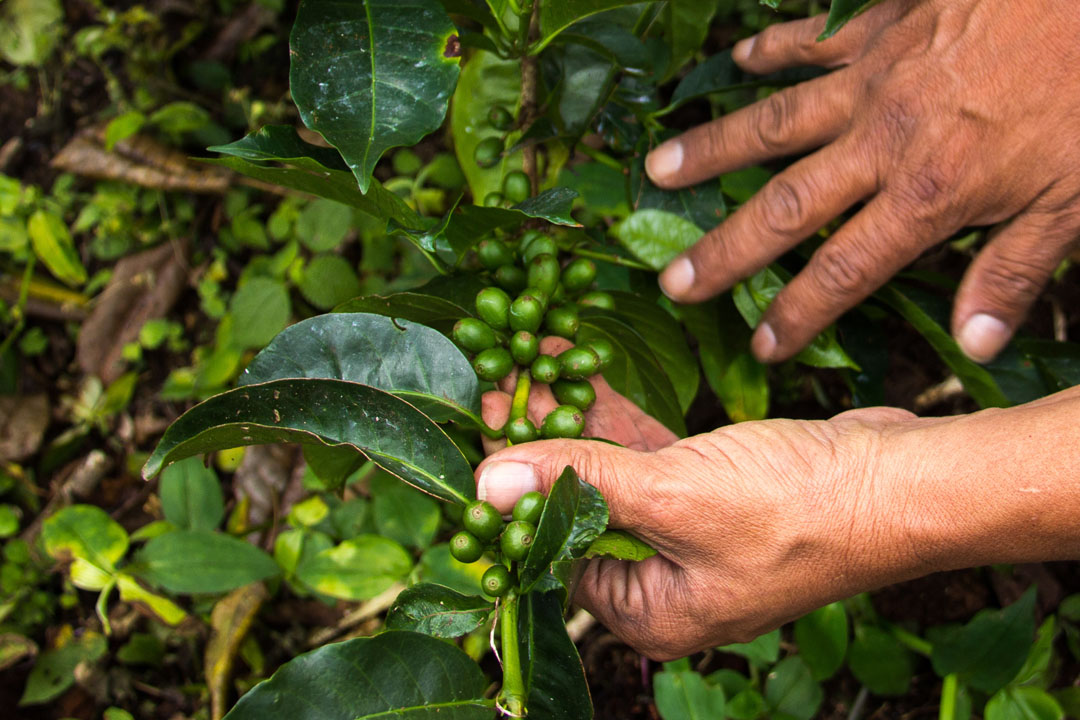
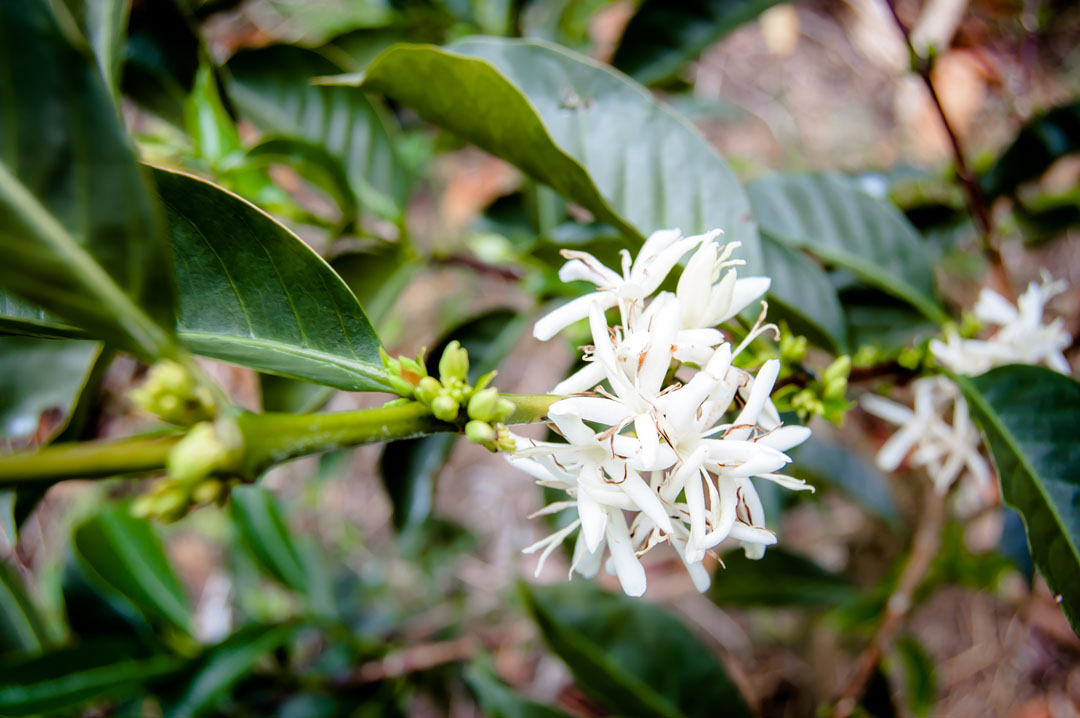
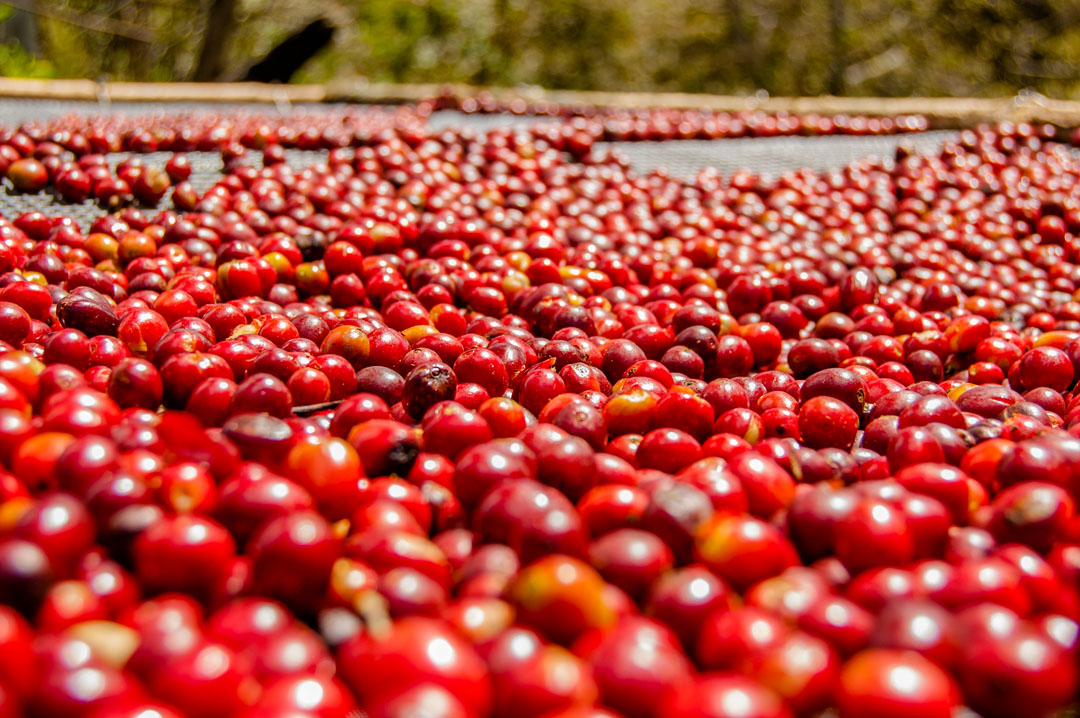
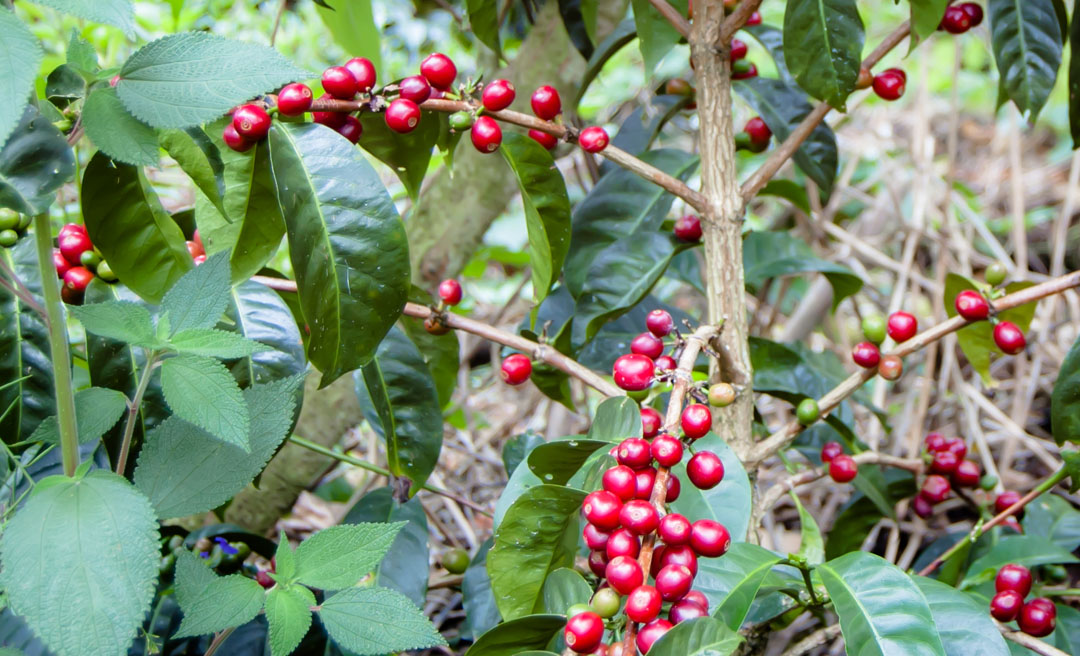
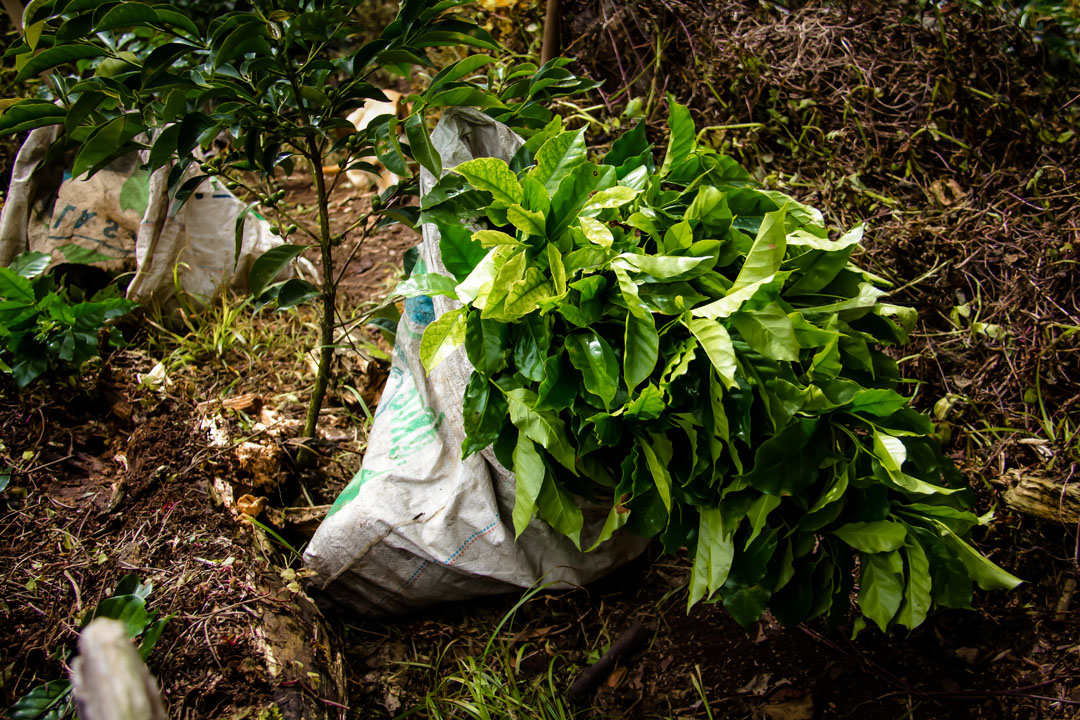
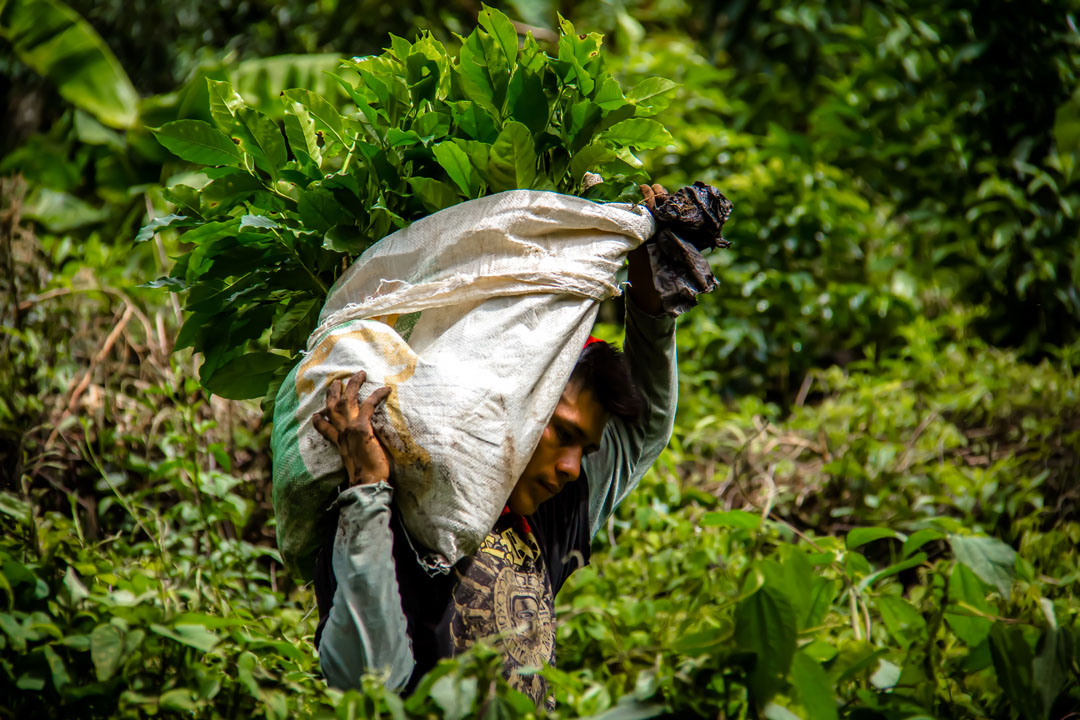
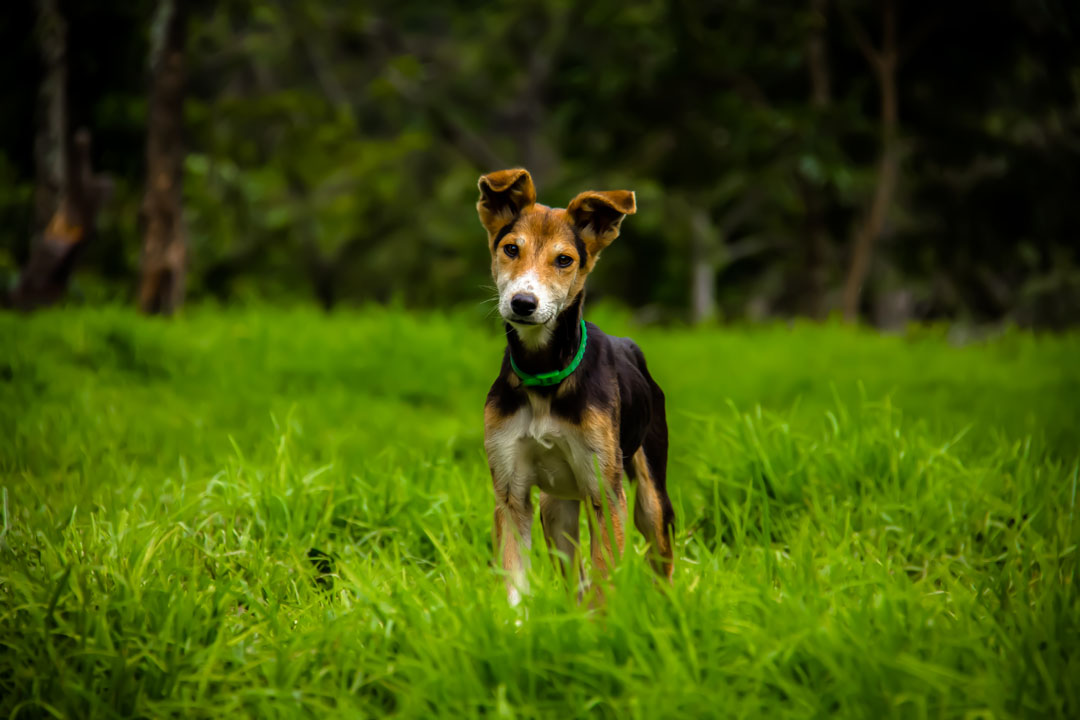
THE BACKBONE OF FINCA DEBORAH
_______
The Nôbe-Buglé people are the primary workforce on the farm and are the backbone of Finca Deborah. We understand that our operation could not exist without their skill and expertise. We strive to ensure that their needs are met with an abundance of care and compassion. For example, in addition to their regular pay and social security schedule, we also provide excellent living quarters, medical care, regular monetary bonuses, clothing for the workers and their families, fruit and vegetable seeds for their personal gardens, and flocks of chickens to supplement their diets with meat and eggs.
It is a privilege to have such a dedicated workforce at Finca Deborah, and the high level of focus and attention to detail displayed by our workers is apparent in each and every harvest of Finca Deborah Geisha coffee.
NATURAL AND UNDISTURBED
_______
Finca Deborah is shrouded in rainforest cloud coverage for much of the year. The plantation is a beautiful, natural environment where rare species of plants and animals are abundant, left undisturbed under the canopy. No gas powered machines, harsh chemical pesticides or herbicides are used during the cultivation of the farm. Natural, organic fertilizers are used in combination with organic weed control to maintain a balance between the coffee trees and unwanted undergrowth.
Because of Finca Deborah’s lofty altitude, diseases are naturally kept to a minimum. Temperature alone makes for an inhospitable place for fungal issues and other unwanted diseases. This allows the coffee trees to focus on producing beautiful fruit instead of wasting valuable energy defending themselves from disease. Insect concerns are also minimized due to the elevation. These positive benefits are felt administratively as well and translate into lower costs and reduced production volatility.
WE GROW AND PROCESS GEISHA COFFEE WITH CHARACTER,
UNIQUE ATTRIBUTES, RARITY AND QUALITY
Finca Deborah is the ideal coffee producing environment with high elevation, volcanic soil, the right balance of moisture and sun in a tropical highland climate.


